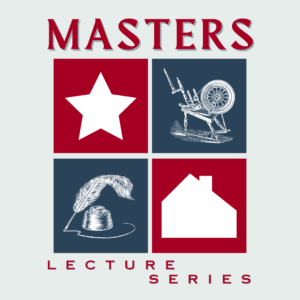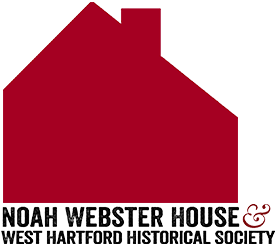Masters Lecture Series
Individuals who exhibit specific skills and trades were essential to life in early America. These “Masters” were devoted to practicing skills such as construction, gardening, textile production, and more. While some worry that technological advancement has rendered these skills extinct, many of these skilled craftspeople still in fact practice their craft today.
This series of lectures will allow guests to hear directly from these Masters themselves. While discussing their own personal journey from novice to Master, these individuals will also share an insider’s look at their trade, its practicalities in early America, and how it is still alive today.
Textile Production In Early America
Click here for tickets to this lecture!
Presented by Margaret Liljedahl
November 7, 2024
Textile production was an important component of the early American economy, and continues to be a career and hobby for many individuals today. This talk will focus on the techniques and tools that weavers like Noah Webster’s father would have used to produce cloth for their communities. This includes a review of common natural fiber sources, basic fabric structures, and design considerations. Participants will have the chance to see examples of antique fiber processing equipment and learn about how they have been used for the past 300+ years.
About the Presenter: Margaret Liljedahl is a West Hartford native who had her first encounter with an antique loom at the Noah Webster House. Over the past decade, Margaret has studied historical weaving techniques and has the privilege of working with several historical sites and museums across Connecticut and New York to get their barn looms singing again. She is an active member of the Handweavers Guild of Connecticut and is passionate about connecting antique fiber equipment with locals who still know how to use them.


